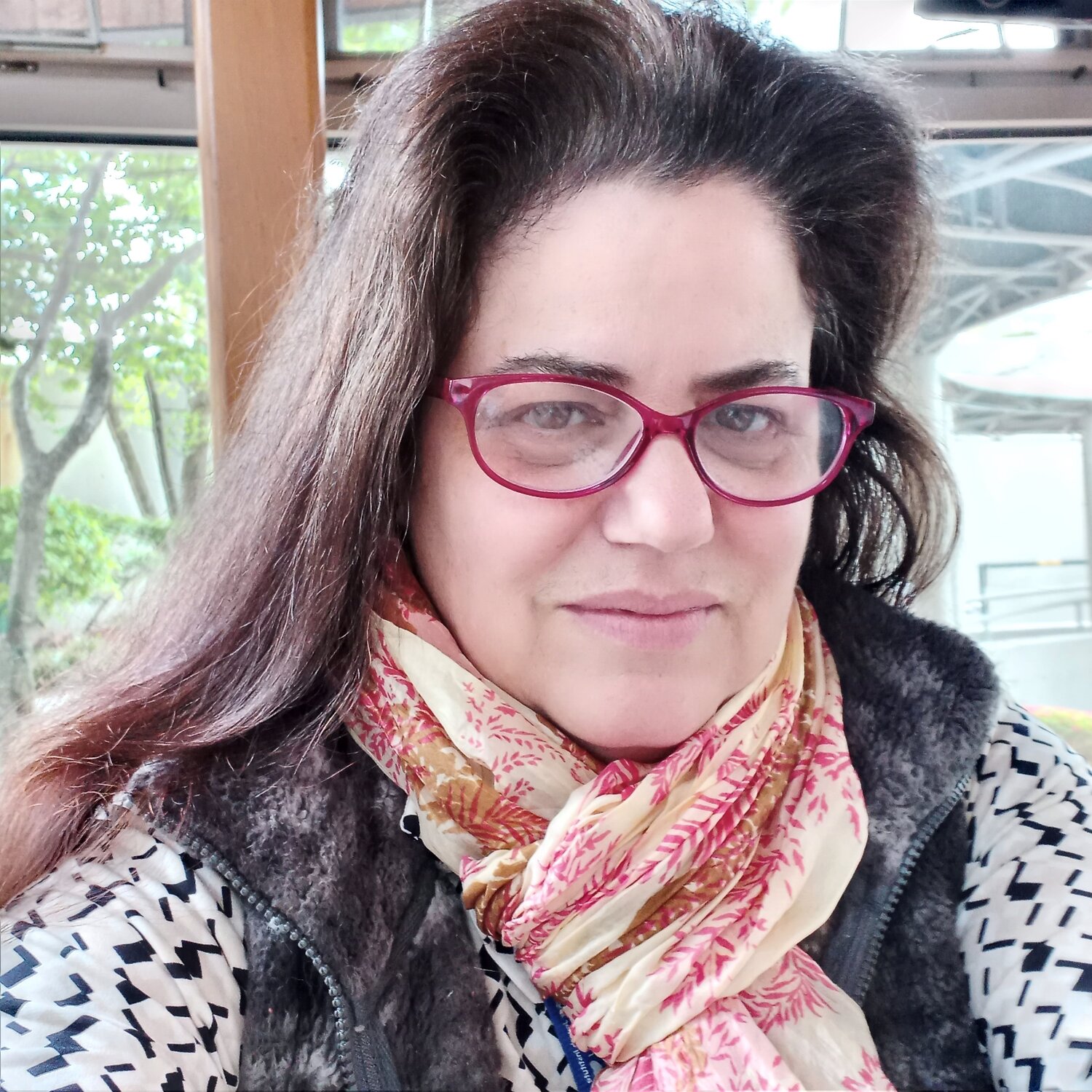Sharing the many benefits of volunteering
Volunteering can be a “win, win,” Jennifer Roth said. As keynote speaker at a workshop at Glen Cove Library on March 6 entitled, “The Benefits of Volunteering,” she shared several ideas on how residents can move forward to benefit themselves and others.
Roth, a volunteer and in-home respite coordinator for Parker Institute, provided a handout of information from Parker Jewish Institute for Healthcare and Rehabilitation that included why volunteering is so important — to end loneliness, create bonds, improve self-esteem and promote longevity.
The workshop was implemented as part of an initiative called Willing Hearts, Helpful Hands Alzheimer’s Disease and Dementia Awareness Resources for Libraries. The community outreach session aimed at engaging residents to volunteer in order to provide respite for local caregivers.
Roth shared 15 benefits of volunteering, which can provide emotional stability, improves self-esteem and wellness, promotes longevity, and reduce the risk of cognitive decline. To Roth, volunteering is one of the healthiest activities in which one can engage.
Willing Hearts, Helpful Hands provides free training, medical clearance and ongoing education to those who wish to serve their local community. Volunteers are matched with family caregivers and create their own schedules for socialization and visiting.
“Often enough, people develop lifelong friendships,” Roth said. “Our well-trained volunteers provide family caregivers of older adults with the time to meet self-care needs, as well as other family obligations, at no cost.”
According to Parker’s website, the WHHH grant “includes a free in-home consultation, family consultation, support groups, education and training programs on how to care for someone with Alzheimer’s disease, scholarships for temporary respite so [the caregiver] can get a break. Respite can include in-home respite, adult day service or overnights in a nursing home, access to volunteer companions, and joint enrichment opportunities.”
The process of participating in the grant involves a formal application, an in-person visit from a licensed social worker and ongoing follow up and services. The grant itself is designed to alleviate stress on the caregiver.
“It’s based on formal research studies which have shown that the caregiver is the person who experiences burnout,” Roth said. “In order to stave off exhaustion, a minimum of four hours per week of respite are necessary. This is where the volunteer steps in.”
The prospective volunteer submits an application and participates in formal training from national and international experts on dementia. The approach is patient centered, inclusive and education is ongoing.
“But the volunteer works according to his availability alongside the caregiver’s needs,” Roth added. “The schedule is determined by both parties. In general, volunteers donate four to six hours per week.”
There are 150 volunteers from Nassau, Suffolk and Queens currently active on the WHHH caregiver initiative. Recruitment and education of volunteers is an ongoing community outreach effort, which begins at the local library.
The Parker Jewish Institute’s Willing Hearts, Helpful Hands Caregiver Support Initiative grants services eastern Queens, Nassau and Suffolk counties. Its mission is “to improve the quality of life for family caregivers of older adult and loved ones by engaging the broader community to provide assistance and respite services.”

 46.0°,
A Few Clouds
46.0°,
A Few Clouds 




